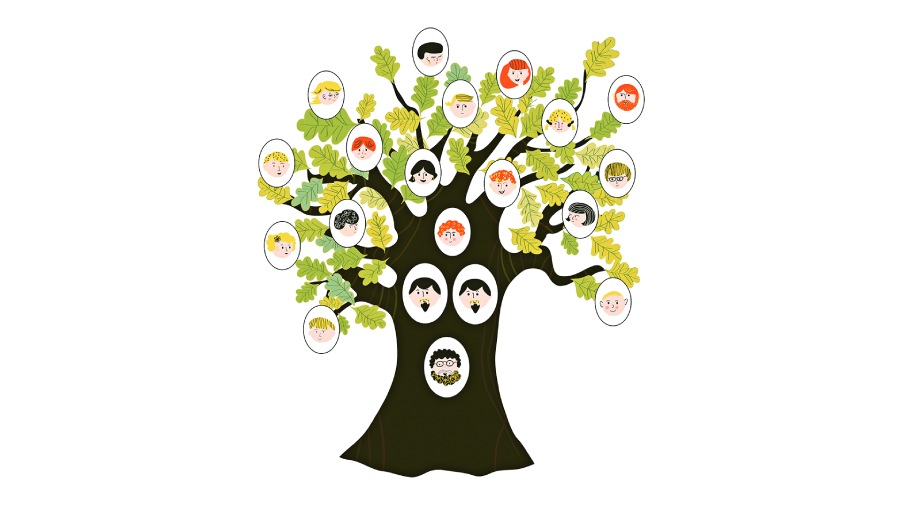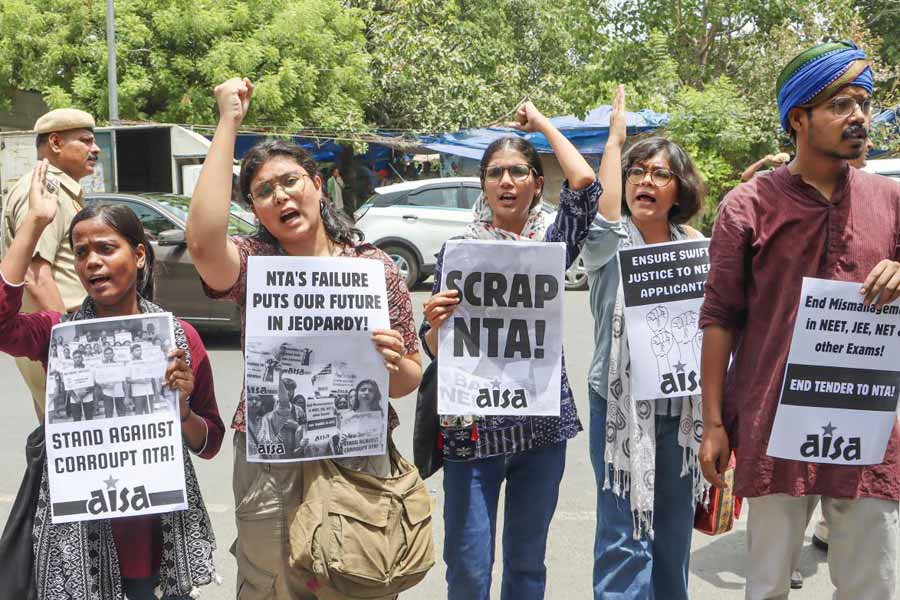A habitually-forgetful, comatose former ruler who refuses to die, his many children whose lives falter with their father’s uneven breath and dysfunctional family dynamics — Anees Salim’s The Odd Book of Baby Names is as comic as it is haunting, depending on the page you land on. Set in a fictional kingdom — although references to the Charminar make it easy to gauge the inspiration — lost to annexation, the story revolves around several children of a licentious king who, in spite of a general disinterest in his progeny — no one is sure of the exact number but it could range from a dozen to 149 — took pride in maintaining a book of names of all his children.
Moazzam and Azam, the two legitimate children, are archenemies, as competing royal brothers often are, and are waiting for the old man to die so that they can ascertain their inheritance. And, then, there are the numerous illegitimate children born of liaisons whose lives are mired in ignominy and a shared sense of emptiness. Humera — the only daughter who is introduced — is depressed and anxious; Hyder, a nurse, tends to a father he met only on the latter’s deathbed; Shahbaz is a poet who carries the ghost of his half-brother, Sultan, whom he lost to an epidemic at a young age. There is also Muneer, the fez tailor; Zuhab, the shop-hand; and the persistent Owais, eager to claim a treasure promised to his mother. In spite of his centrality to the plot — the book begins with a false alarm of the king’s death and ends with his demise — the king, much like any absent paternal figure, rarely makes an appearance.
The Odd Book of Baby Names tackles several tragic realities of the not-so-happy family. The flimsiness of shared blood, the desperation for familial love and approval, the differing destinies of children raised in trauma inform the lives of the nine protagonists, but it is the seemingly banal, but exploitative, realities of life that enriches the narrative. The dark contours of this expertly-written tragicomedy will resonate with all those carrying the burden of a dismal past.











